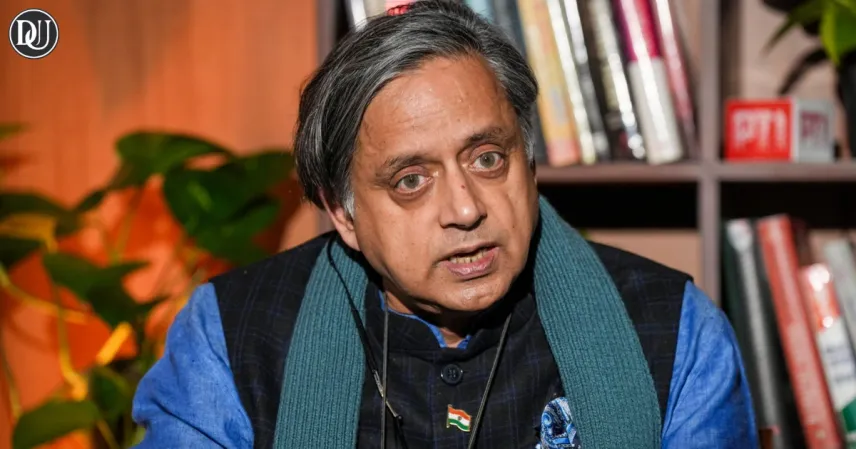Congress leader Shashi Tharoor has recently taken on a prominent role in the Centre’s diplomatic efforts following Operation Sindoor, the Indian military’s retaliatory strikes after the Pahalgam terror attack. His appointment to lead an all-party delegation aimed at showcasing India’s firm stance against terrorism on the global stage has triggered intense political discussions, both within the Congress party and across the broader political spectrum.
Operation Sindoor, conducted in the aftermath of a deadly terror attack in Pahalgam, Jammu & Kashmir, saw Indian armed forces carry out precision strikes against terror camps in Pakistan-administered territories. The Indian government, eager to consolidate international support against cross-border terrorism, constituted seven all-party delegations comprising members from BJP, Congress, DMK, NCP, Shiv Sena, and JDU. These delegations, with Shashi Tharoor among their leaders, are scheduled to visit major global capitals including the United States, United Kingdom, Japan, and the United Nations, to brief diplomats and policymakers on India’s position and actions.
![]()
Shashi Tharoor, a seasoned parliamentarian and former diplomat, expressed honor at being invited to represent India in such a critical mission. He stated that serving the nation in matters of national interest is a responsibility he embraces wholeheartedly. Shashi Tharoor has praised the government’s Operation Sindoor as a measured and strategically precise response, emphasizing the restraint shown by Indian forces to avoid unnecessary escalation while sending a clear message against terrorism.
However, Shashi Tharoor’s vocal support of the government’s military action has sparked controversy within the Congress party. While the party officially reiterated its support for the armed forces, some senior Congress leaders appeared uneasy about Shashi Tharoor’s public praise of the Centre’s policies, fearing it might not align with the party’s broader stance. Congress spokespersons clarified that Shashi Tharoor’s remarks are personal views and do not necessarily reflect the official party line. The episode has exposed internal tensions, raising questions about party discipline and unity during a sensitive national security situation.
The BJP has seized upon this opportunity to underscore what it describes as bipartisan cooperation on national security. Party leaders have pointed to Shashi Tharoor’s support as evidence that national interest transcends political divides and questioned why the Congress leadership seems uncomfortable with one of its prominent figures publicly endorsing the government’s diplomatic and military initiatives.
![]()
This development highlights the complexities of India’s political landscape amid heightened tensions with Pakistan. It underscores the challenges political parties face in balancing internal cohesion with the demands of national security diplomacy. The engagement of opposition leaders like Shashi Tharoor in such high-profile diplomatic outreach efforts signals a nuanced approach, where expertise and national interest occasionally override partisan considerations.
As the all-party delegations embark on their missions to key international capitals, they carry the crucial task of shaping the global narrative around India’s fight against terrorism. Shashi Tharoor’s role, while controversial within his own party, reflects a broader strategy by the government to present a united Indian front internationally and counter Pakistan’s attempts to deflect blame.
In conclusion, Shashi Tharoor’s involvement in Operation Sindoor’s diplomatic outreach embodies the intricate interplay of national service, political allegiance, and the pursuit of India’s strategic interests on the world stage. The ongoing debate within Congress over his stance serves as a reminder of the delicate balancing act politicians must perform when national security and party politics intersect.










